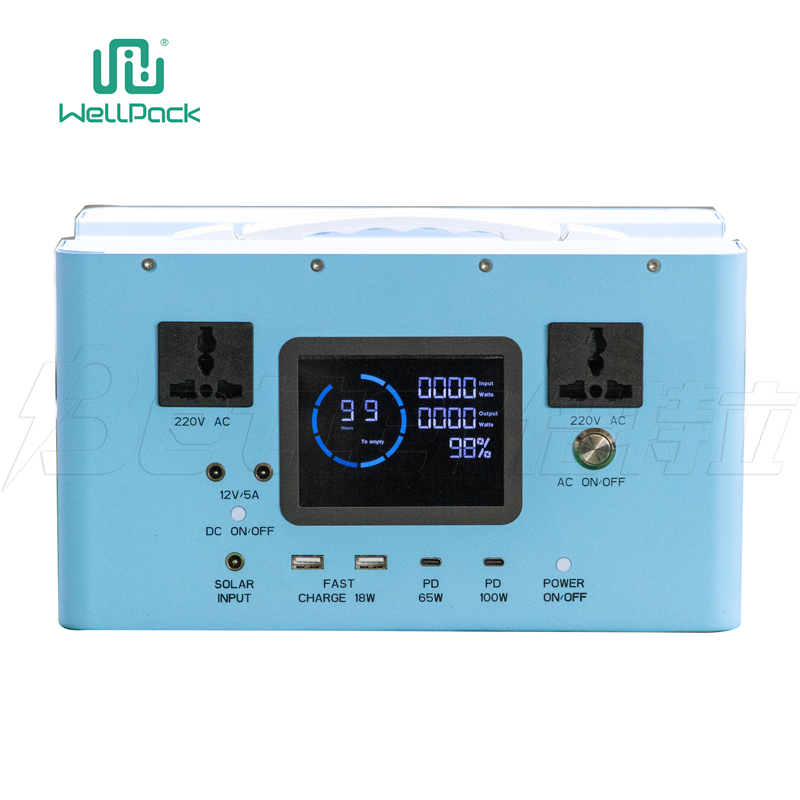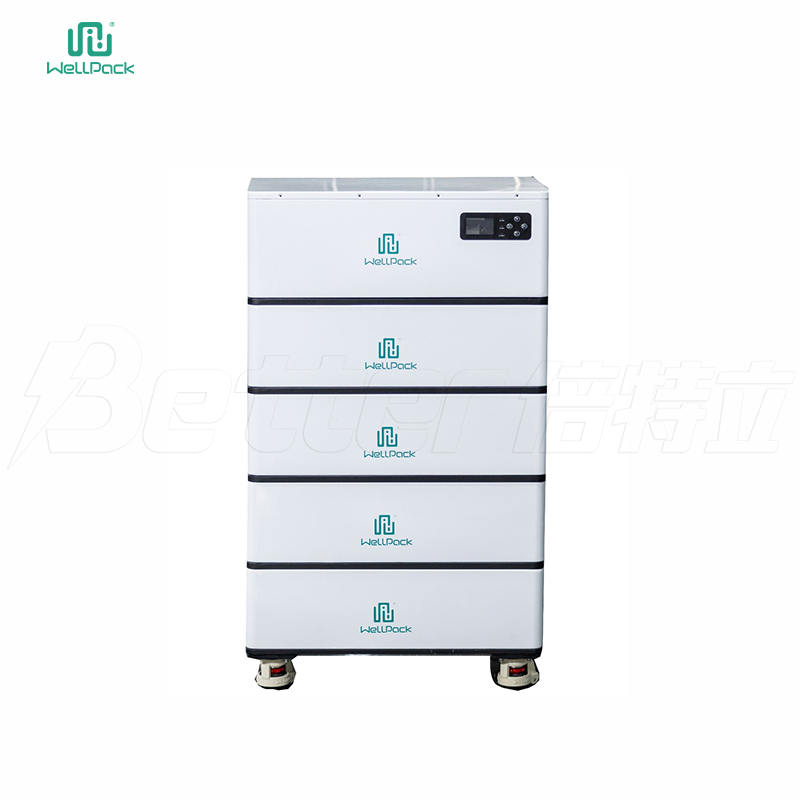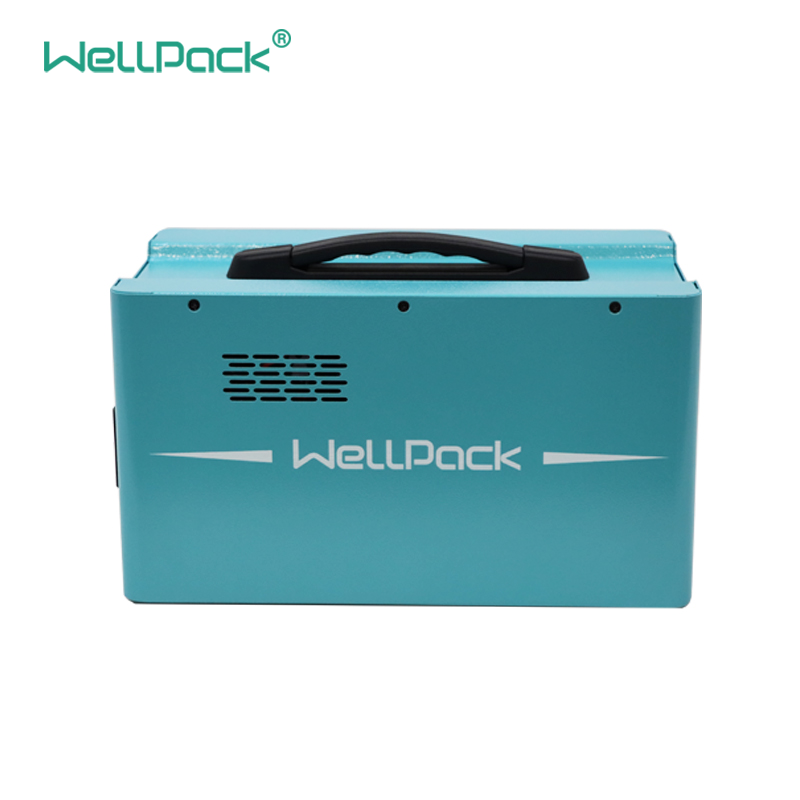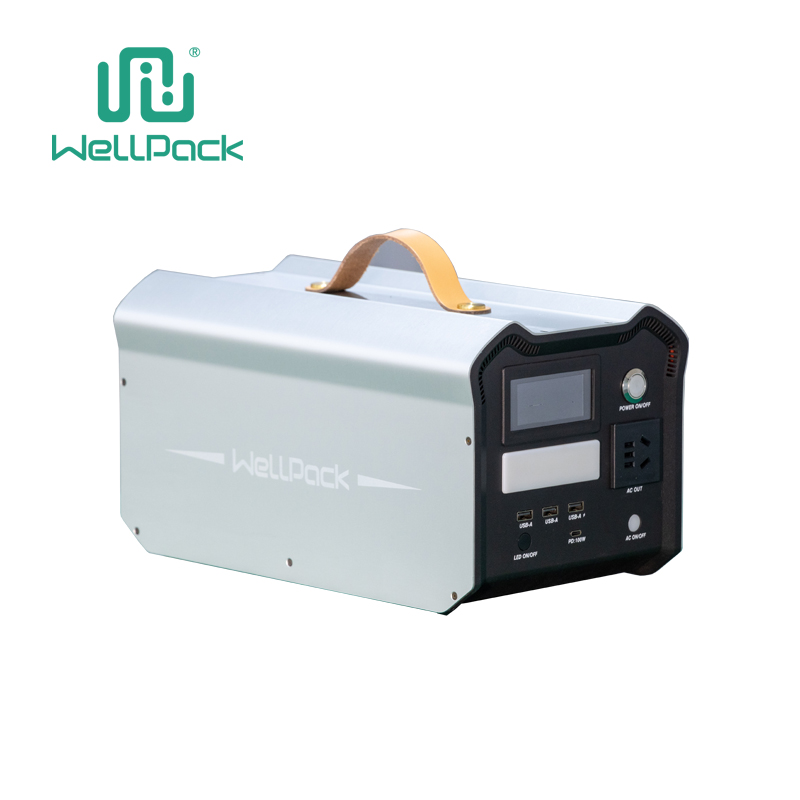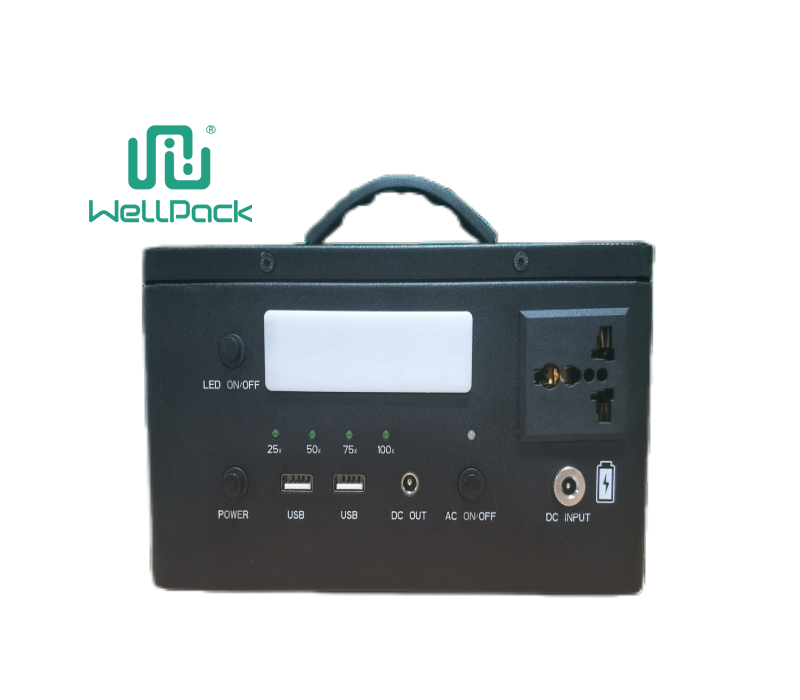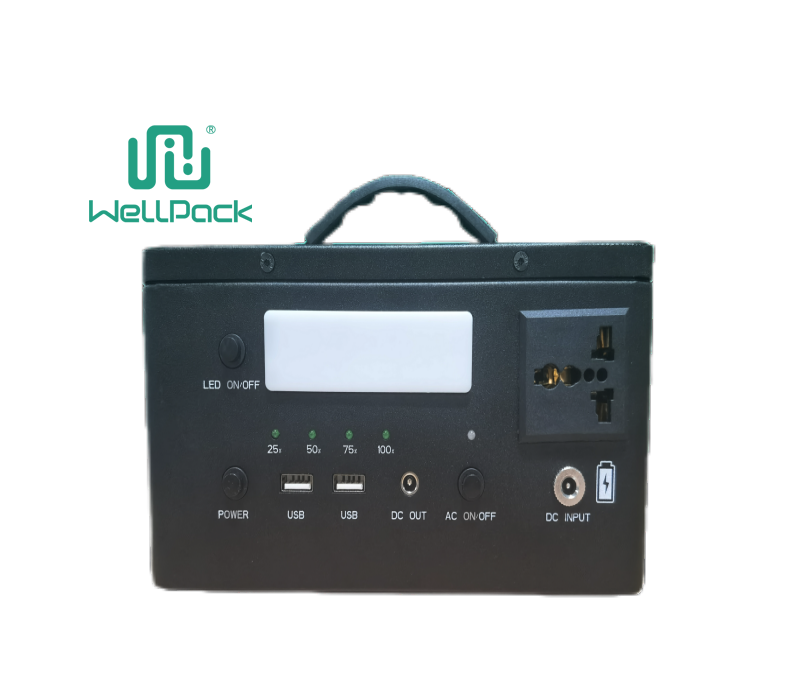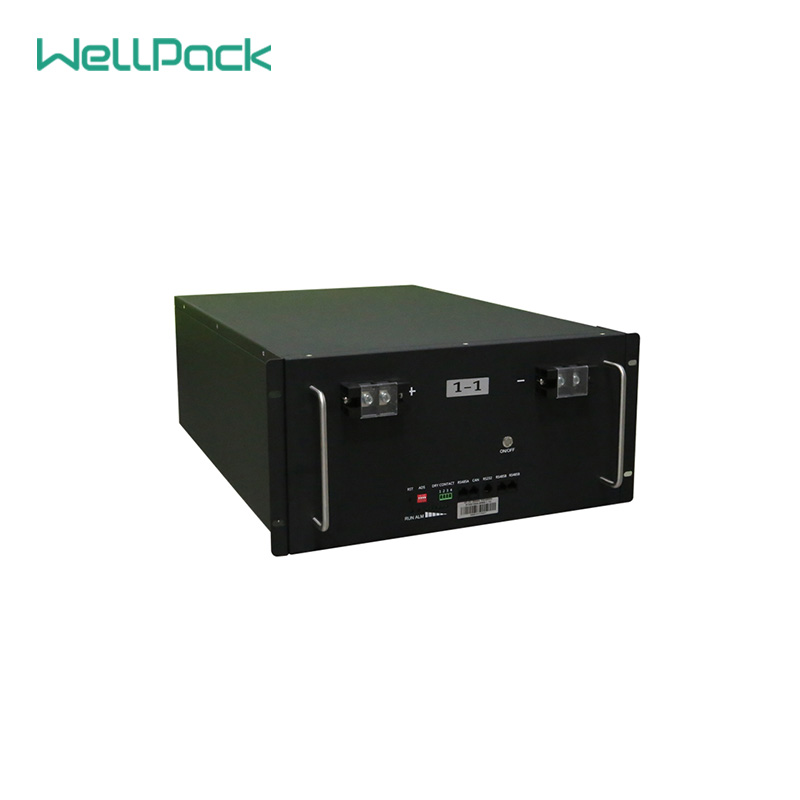Summary
As more boat owners switch to lithium batteries for their energy needs, concerns about safety have become a hot topic. Lithium pro batteries for boats offer incredible performance, but are they truly safe for marine use? In this article, we’ll explore the safety aspects, benefits, and precautions that boaters should consider when using lithium batteries on their boats.
1. Understanding Lithium Pro Batteries for Boats
Lithium pro batteries for boats have become increasingly popular due to their high energy density, lightweight design, and long-lasting power. Unlike traditional lead-acid batteries, lithium batteries provide more efficient energy output, making them ideal for powering various boat systems.
High Performance: Lithium pro batteries for boats offer consistent power, making them suitable for long trips and multiple applications, from running trolling motors to powering electronics.
Lightweight: These batteries are much lighter than lead-acid options, which can help reduce the overall weight of the boat, leading to improved speed and fuel efficiency.
Long Lifespan: With proper care, lithium pro batteries can last for up to 10 years, making them a cost-effective solution for boaters.
These benefits make lithium pro batteries a great choice for any boater, but it's essential to understand lithium battery safety on boats to ensure a worry-free experience.
2. Key Aspects of Lithium Battery Safety on Boats
Lithium battery safety on boats has been a concern for some due to the potential for overheating or thermal runaway. However, modern lithium batteries are equipped with built-in safety features that make them safe for marine use when handled correctly.
Battery Management System (BMS): Most lithium batteries come with a BMS that monitors the battery's performance, temperature, and voltage, protecting against overcharging, overheating, or short circuits.
Thermal Stability: Lithium pro batteries for boats are designed to withstand the varying temperatures experienced during boating, reducing the risk of overheating.
Shock and Vibration Resistance: Boating can be bumpy, but lithium batteries are designed to handle shocks and vibrations without compromising safety.
By ensuring that you use quality lithium pro batteries and follow the manufacturer’s guidelines, you can enjoy the benefits while maintaining lithium battery safety on boats.
3. Are Lithium Batteries Safe on Boats Compared to Traditional Options?
When asking, "are lithium batteries safe on boats?" it's essential to compare them with traditional lead-acid batteries:
Lower Risk of Acid Spills: Unlike lead-acid batteries, lithium batteries do not contain liquid electrolytes that can spill and cause damage or injury, making them a safer option on boats.
Reduced Maintenance: Lead-acid batteries require regular maintenance to ensure safety, such as topping up water levels and cleaning terminals. In contrast, lithium pro batteries for boats are virtually maintenance-free, reducing the risk of accidents due to neglect.
Less Risk of Hydrogen Gas Build-up: Lead-acid batteries can produce hydrogen gas when charging, which can be dangerous in enclosed spaces. Lithium batteries do not produce this gas, making them safer for confined areas on boats.
These safety advantages demonstrate that lithium batteries are a reliable and safer alternative to traditional options, especially when proper safety measures are observed.
4. How to Ensure Lithium Battery Safety on Boats
While lithium batteries are designed with safety features, taking additional precautions can further enhance lithium battery safety on boats:
Proper Installation: Ensure your lithium pro batteries for boats are installed correctly, following the manufacturer’s instructions or seeking professional installation services.
Ventilation: While lithium batteries don’t produce harmful gases, it’s still important to install them in a well-ventilated area to prevent overheating.
Regular Inspection: Regularly check your lithium batteries for any signs of damage, swelling, or unusual heat. If you notice any issues, discontinue use and consult a professional.
Use a Suitable Charger: Always use a charger that is compatible with lithium batteries to avoid overcharging, which can lead to overheating and safety risks.
By following these guidelines, you can confidently answer the question, "are lithium batteries safe on boats?" with a resounding yes.
5. Choosing the Right Lithium Pro Batteries for Your Boat
When selecting lithium pro batteries for boats, choosing high-quality options from reputable suppliers is crucial for ensuring safety and performance.
Look for Quality Certifications: Reputable lithium battery manufacturers will have certifications indicating that their products meet safety and quality standards.
Consider the Battery's BMS Features: A good Battery Management System is essential for monitoring and protecting the battery, so ensure the one you choose has a reliable BMS.
Choose the Right Capacity: Make sure the battery you select meets the power requirements of your boat’s equipment to avoid overloading.
For a reliable and safe power solution, choosing WELLPACK’s lithium pro batteries ensures you get top-quality batteries designed with safety and efficiency in mind, making your boating experience both enjoyable and secure.
Conclusion
Lithium pro batteries for boats offer unmatched performance, efficiency, and longevity, making them the top choice for modern boaters. With built-in safety features and proper handling, lithium battery safety on boats can be ensured, allowing you to enjoy all the advantages these batteries offer without worry. If you're ready to make the switch to a safer, more efficient power source, WELLPACK’s lithium pro batteries are the ideal choice for all your marine needs, delivering quality, reliability, and safety in one package.


